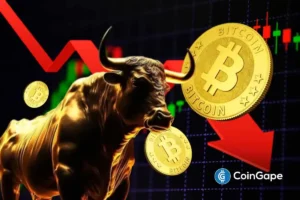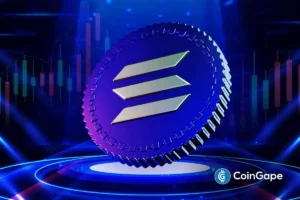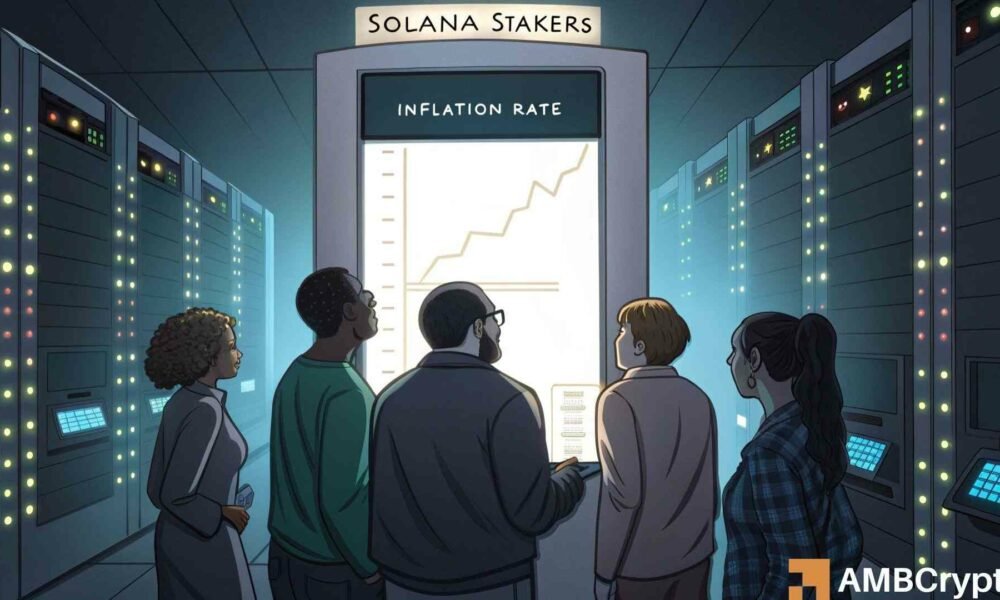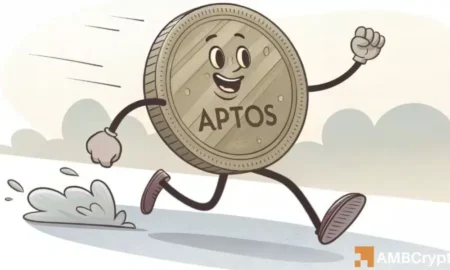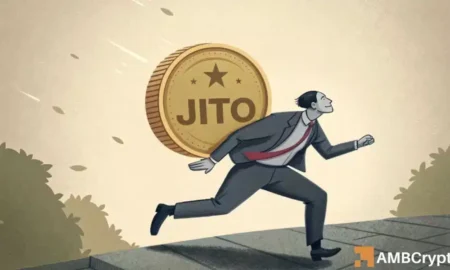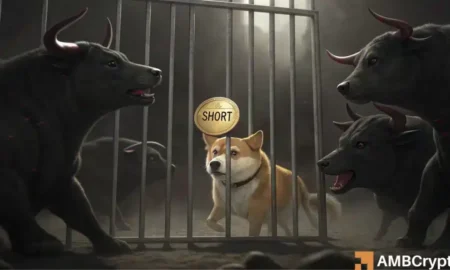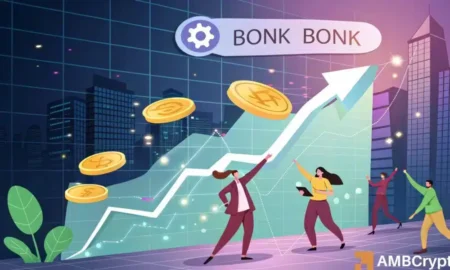The Scrutiny of Solana’s Staking Model: A Call for Improved Blockchain Security
In the ever-evolving landscape of cryptocurrency, staking has garnered significant attention, particularly within the Solana ecosystem. Recently, Haseeb Qureshi, founder of Dragonfly Capital, raised concerns regarding the “staking mania,” describing it as an illusion that undermines the security benefits that staking is often believed to confer. Qureshi’s critique of staking highlights a critical discussion surrounding the security and decentralization of proof-of-stake (PoS) platforms, urging the need for improved blockchain security models.
The recent data on Solana’s staking revenue is staggering: it hit a remarkable $1.5 billion, with validator income surging to $300 million. This financial success reflects a high demand for staking within the Solana community, suggesting that many users are looking to earn rewards by locking their SOL tokens with validators. However, this burgeoning staking market is not without its problems. Qureshi argues that the framework is fundamentally flawed due to a heavy concentration of power among just a dozen validator firms. This concentration jeopardizes the very principles of security and decentralization that staking is meant to uphold, presenting potential risks to the entire network.
Central to the debate on staking is the notion of inflation. Validators earn rewards for their services, but these rewards can lead to inflation that dilutes the value of SOL tokens for non-stakers. Qureshi asserts that the current model fails to deliver genuine network security, likening the staking rewards to a form of taxation that erodes the holdings of those who opt not to stake. In his view, the true factors that ensure the robustness of blockchain networks are the quality of the software and the integrity of the validators, rather than inflated rewards.
Solana’s inflation rate is currently capped at 5% per year, which is tied directly to the rewards distributed to validators. While this controlled inflation is designed to maintain a balance, it has triggered concerns among community members about the excessive revenue pursuit by validators at the expense of overall network health. Earlier this year, attempts to significantly reduce the inflation rate were thwarted, highlighting a contentious dynamic between validator interests and community goals. With such high revenues reported, many applications offering staking services are competing for minimal resources, raising questions about the sustainability of the current system.
In a proactive move toward addressing these issues, Qureshi and Solana co-founder Anatoly Yakovenko concur on the necessity for a reassessment of the existing security model. The prevailing attitudes within the community and from major stakeholders indicate a clear need for a paradigm shift addressing inflation, staking rewards, and the concentration of power among a few validator firms. It remains uncertain how Solana will navigate these significant challenges, but the urgency for reforms is palpable.
Looking forward, the continuation of discussions around staking practices will be crucial as Solana seeks to fortify its network for future growth. As the ecosystem grapples with complexities related to staking and validator dynamics, stakeholders are left contemplating not only the sustainability of the staking model but also its alignment with the foundational principles of blockchain security. The outcome of these deliberations could have profound implications for the evolution of blockchain networks and the wider cryptocurrency landscape.



